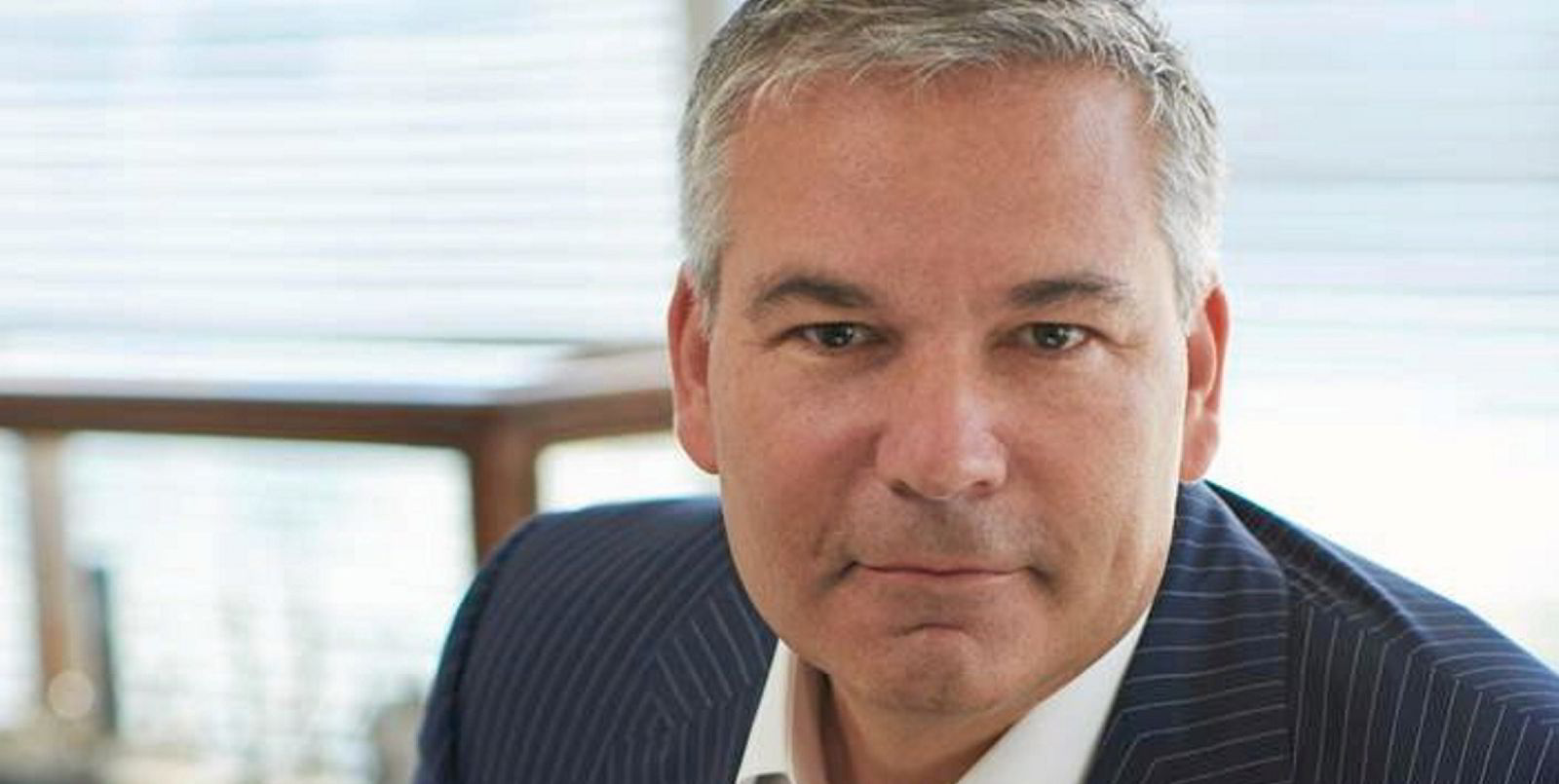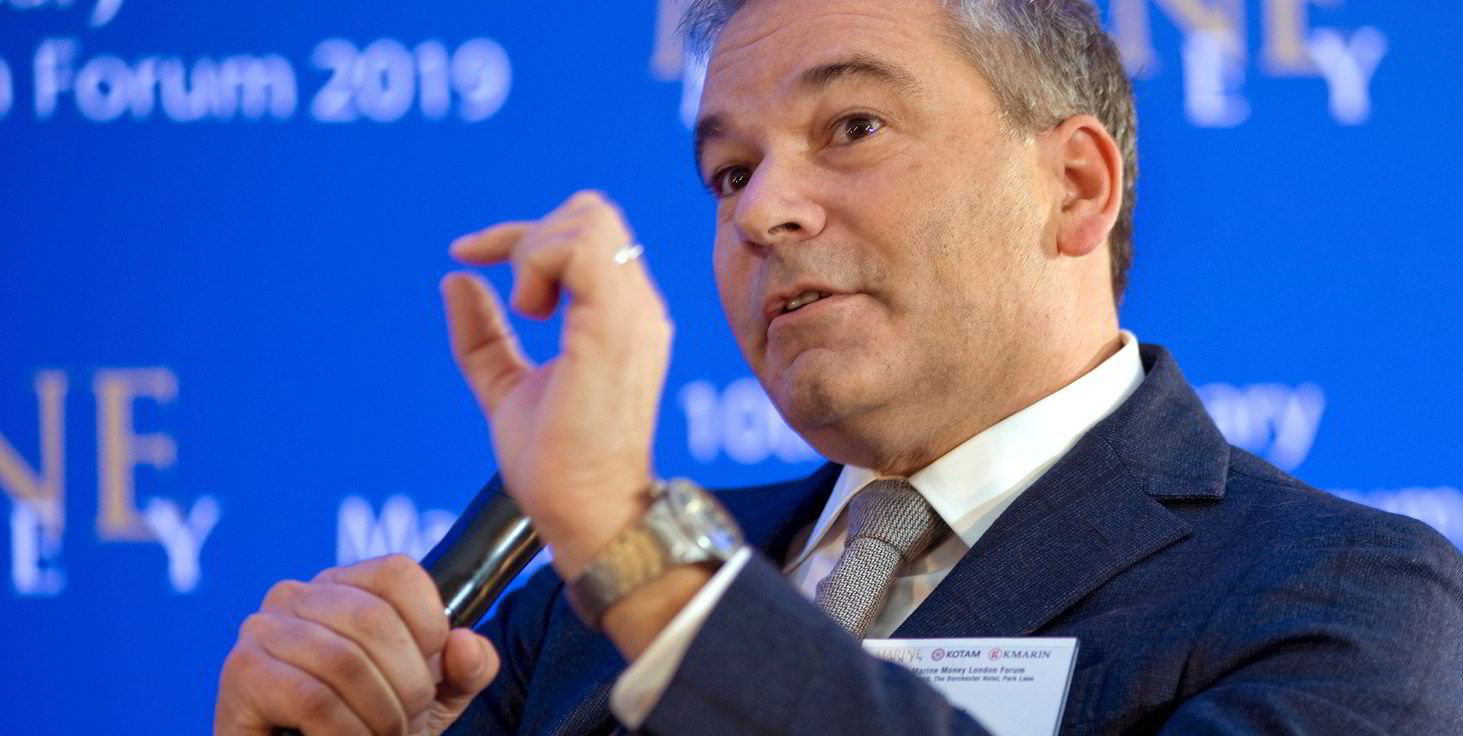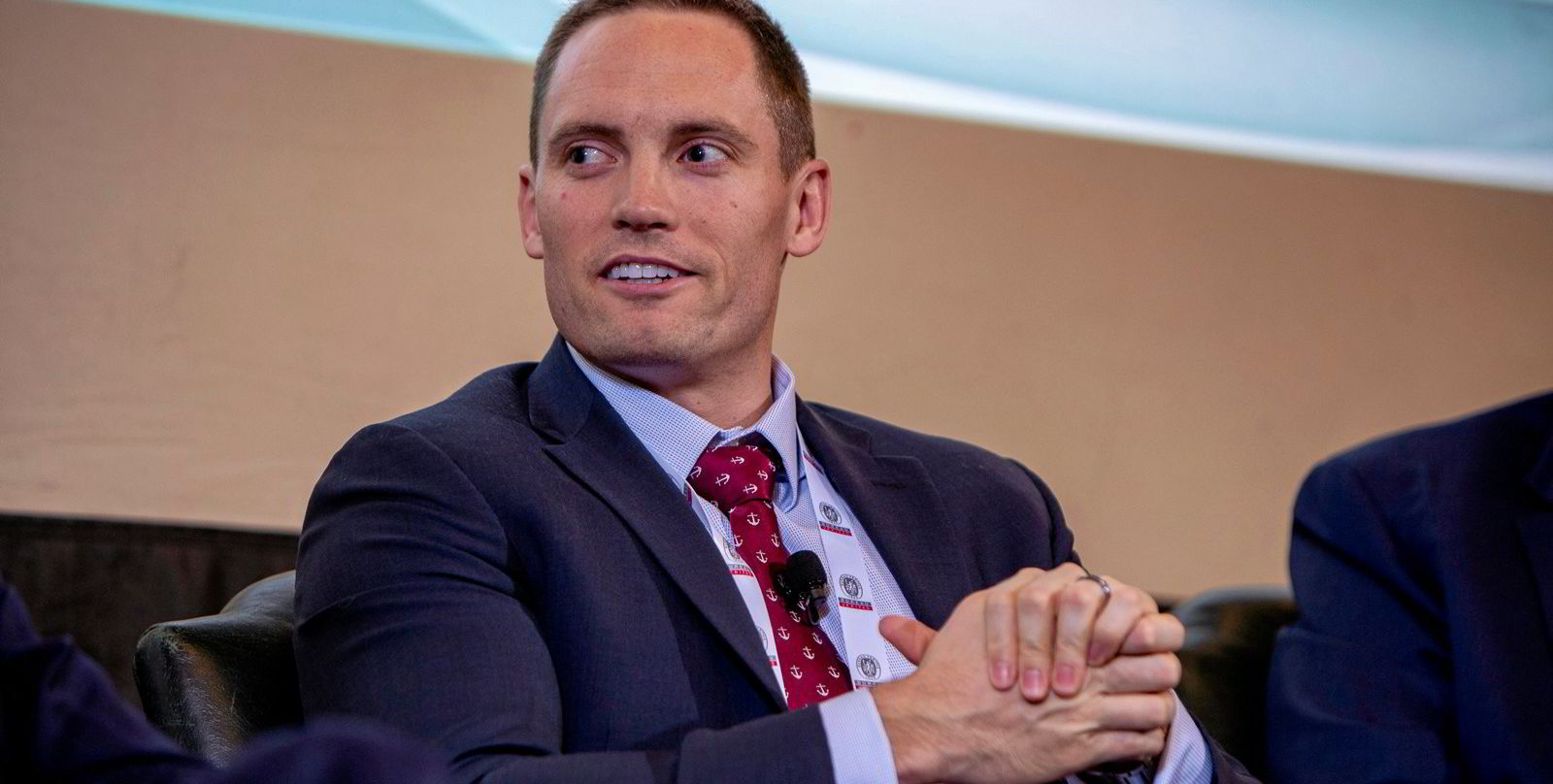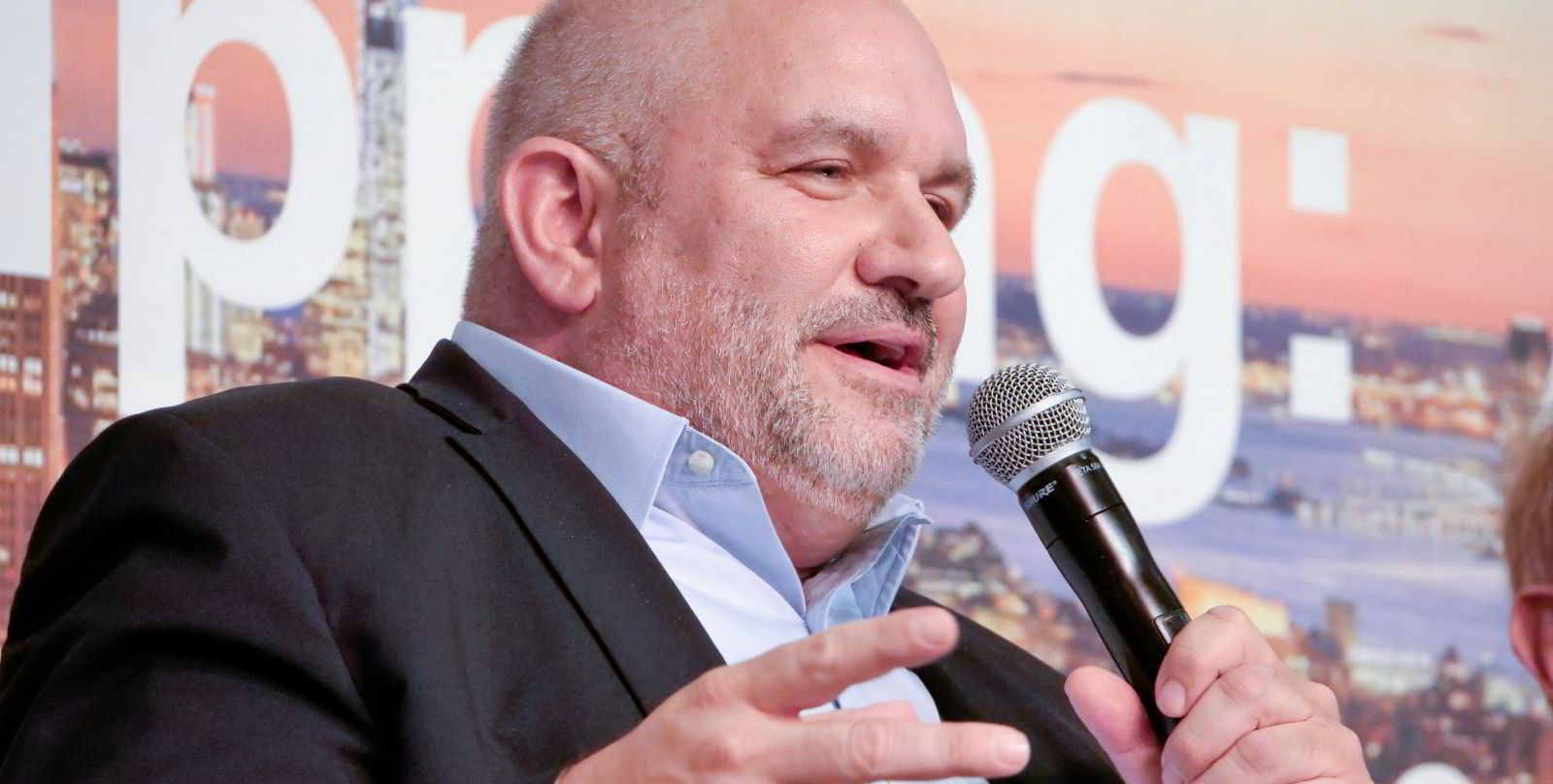Dry bulk owners are seeing increased enquiry on period charters on the back of firming spot rates, freight futures and market fundamentals, an owners' panel said as Noble Capital kicked off its 17th annual investor conference online on Tuesday.
But the same owners generally see little hope period fixtures can reach the number and duration seen for charters in the containership market in recent months because of structural impediments built into dealing with end users.
Even with 2021 dawning with a better market outlook, owners are encountering charterers whose business models hinge on covering freight costs on a shorter-term basis, just as they do with prices of the commodities they move.
"We're clearly off on a stronger foot this year, which is helpful – we're seeing more enquiry on period business this year," said Gary Vogel, chief executive of Connecticut-based Eagle Bulk Shipping.
But when pressed by Noble Capital equity analyst Poe Fratt on whether the interest might produce the kind of two-year and three-year deals recently seen in boxships, neither Vogel nor Pangaea Logistics Solutions executive Mads Petersen would go too far in encouraging the notion.
While Pangaea is unusual among dry bulk owners in that it does long-term contract trade in niche businesses, it is a struggle to fix out multi-year deals for activities in the general dry bulk market, Petersen explained.
"Charters of more than 12 months are hard to get because of lack of visibility on the customers' side. When they are buying [commodities] on index, they want their freight on index," said Petersen, managing director of Pangaea subsidiary Nordic Bulk Carriers.
"The fundamental ways in which those commodities have been traded is impacting shipping. We'd all like longer contracts, but they're very hard to get."
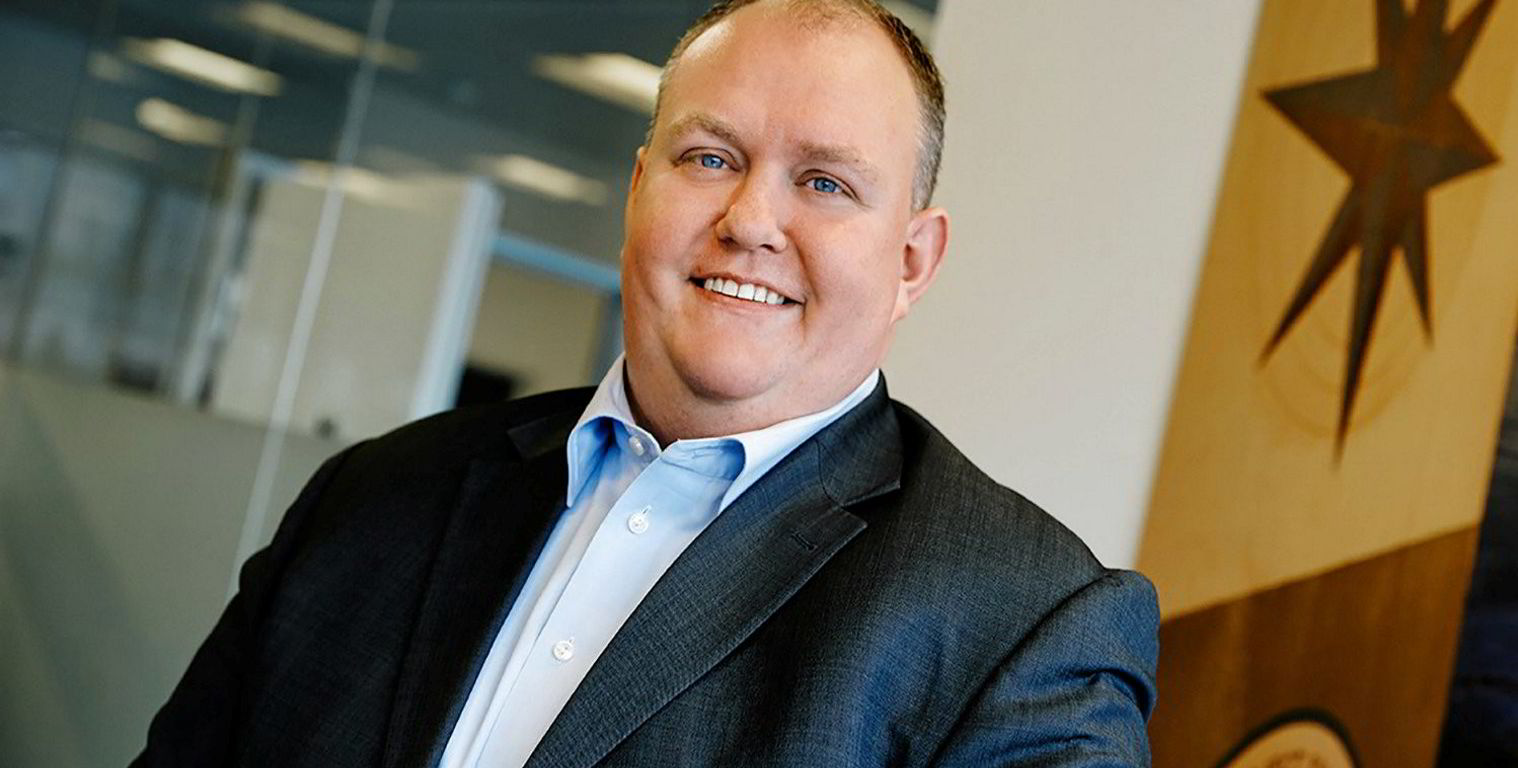
Vogel endorsed that view, although he noted that vessel operators are more interested in term business as the middlemen in the equation.
"Operators are part of that business and they'll take ships for longer periods of time, but it's always going to be related to the futures market. I think we'll see an increase, but we won't see it with the end users taking ships for the long term – it doesn't fit their business."
One source of motivation for operators at present is the improving fundamental supply-demand balance in a market that has been depressed in the past several years by a series of unrelated "black swan" events ranging from the Vale dam collapse to Covid-19, Vogel noted.
"One reason people are more willing to commit is that for the last few years, there hasn't been a price to pay for not committing," Vogel said.
"People see not just where the rates are today but they're seeing the same improved fundamentals we are seeing. That allows us to put some stakes in the ground without using derivatives."
More optimistic about the advent of longer contact business was Stamatis Tsantanis, chief executive of New York-listed Seanergy Maritime.
Tsantanis said he has found it "inexplicable" that miners playing the capesize market "are still reluctant to commit to periods longer than 12 to 18 months", even knowing they will have a set quantity of iron ore or coal that needs to move.
But more positive fundamentals over the next one-to-four years, including a limited orderbook for newbuildings, ought to change some minds, he said.
"I expect it will happen in the second half of 2021 — longer periods of dry bulk fixtures not associated with FFAs," he said.
The lone boxship representative on the panel, Euroseas chief financial officer Tassos Aslidis, said his company was already reaping longer charters but was further along in the recovery cycle.
Containership owners benefit not only from improved market fundamentals, but from the predictability of the business, he said.
"Containerships are scheduled shipping – you can get longer-term contracts," he said.
"The average length of our charters has more than doubled. Last year, we were finding it difficult to get commitments for more than six months. Recently, we've chartered a couple of our ships out for three years," he said.
"As Gary said, they are willing to commit to avoid paying the cost of not committing."
